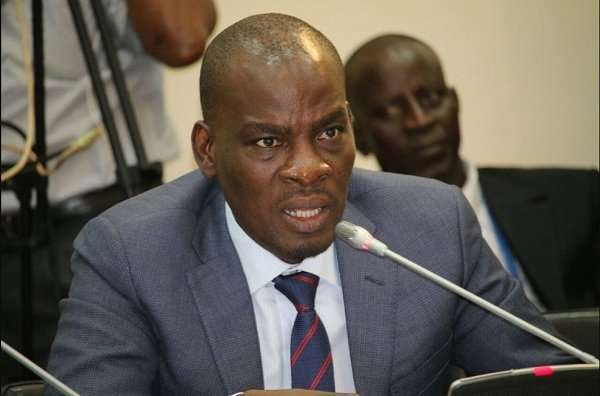Former Minority Leader Haruna Iddrisu is advocating for a significant change in Ghana’s political system, seeking to abolish the “winner-takes-all” approach that he believes hinders the development of an inclusive and participatory democracy. This system, which grants disproportionate control to the winning party, concentrates power in the hands of the ruling party and weakens the political voice of minority groups.
Iddrisu’s call for reform comes after a stakeholder workshop organized by the Ministry of Parliamentary Affairs, where discussions on potential constitutional amendments were held. As the Member of Parliament for Tamale South, he emphasized the need for changes that would foster greater inclusivity and prevent the marginalization of opposition parties.
The “winner-takes-all” system has been criticized for creating an imbalance in Ghana’s democratic institutions. By removing this approach, Iddrisu argues that Ghana can adopt a more proportional representative government, similar to South Africa’s system.
Iddrisu also highlighted the importance of reducing the president’s powers and studying cross-jurisdictional models. He cited Kenya’s amendment to decouple ministers from Members of Parliament (MPs) as an example. This change has led to observations that ministers who are not MPs are less concerned about constituents, whereas MPs are motivated to perform to maintain their seats.
A more balanced system would ensure that minority groups have a stronger voice in governance. This, in turn, would strengthen Ghana’s democratic institutions and promote a more representative government.
Iddrisu’s proposal has sparked interest in exploring alternative governance models. Some experts suggest that a proportional representation system could help address the issues associated with the “winner-takes-all” approach.
However, implementing such a system would require significant constitutional amendments. It would also necessitate a broader discussion on the role of the president, the powers of MPs, and the representation of minority groups.
Ghana’s democratic growth and development depend on finding a system that truly represents the diverse interests of its citizens. Iddrisu’s call for reform has ignited an important conversation about the future of Ghana’s governance.
As the debate unfolds, stakeholders will need to consider the potential benefits and challenges of adopting a proportional representation system. This includes examining international models, engaging with citizens, and building consensus among political leaders.
Ultimately, Ghana’s move towards a more inclusive democracy will depend on its ability to adapt and evolve its governance structures to reflect the needs of its people.


